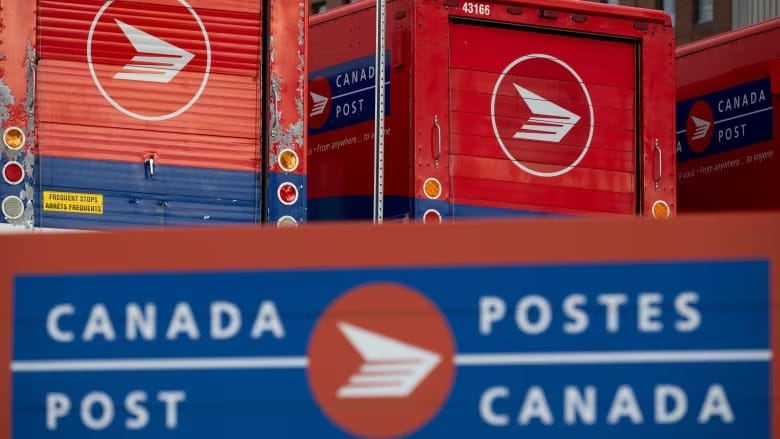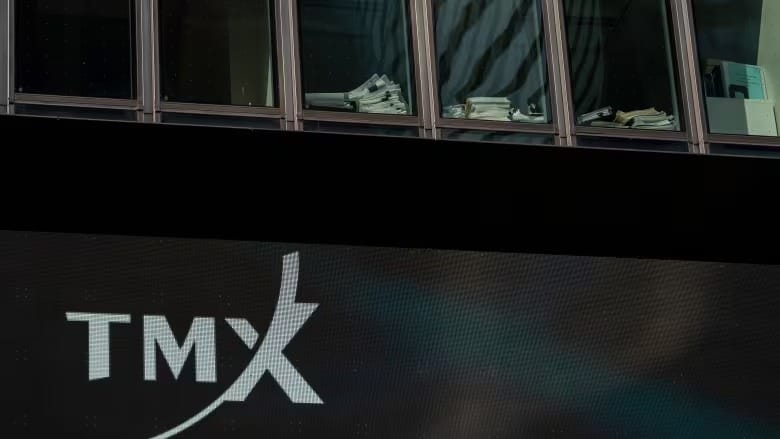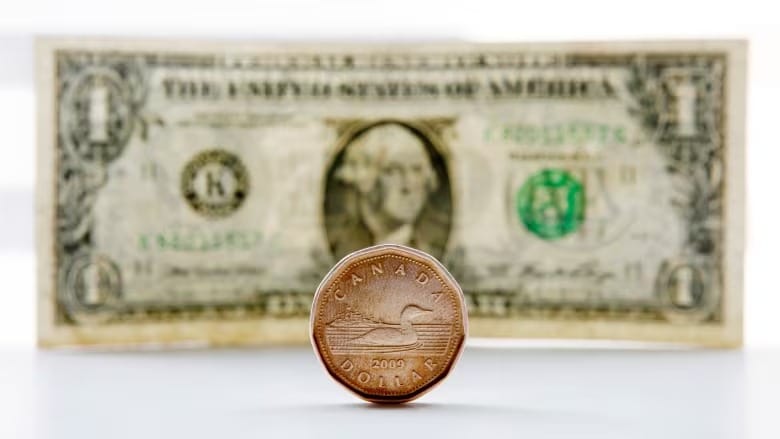Wall Street makes wagers on the likely winners and losers in a second Trump term
Wall Street is already making big bets on what take two for a White House led by Donald Trump will mean for the U.S. economy.

Wall Street is already making substantial investments based on projections for a potential second Trump administration and its effects on the U.S. economy. Since Election Day, stocks for banks, fossil fuel producers, and other sectors that could benefit from Trump's anticipated lower tax rates and reduced regulations have surged.
For the retail sector, however, the outlook remains uncertain as companies weigh the impact of potentially higher costs stemming from tariffs.
Financial analysts are also cautioning investors against excessive optimism. While campaign rhetoric can drive significant market moves, not all campaign promises become policy, and in the long term, the U.S. stock market is more influenced by sustained growth in profits.
Here’s a look at Wall Street's current strategic interests across various sectors:
Technology
During Trump’s first term, technology stocks flourished, aided by favorable tax policies, despite some tension around immigration policies affecting the high-skilled workforce and trade disputes impacting global sales and supply chains. This time, tech companies could see benefits from a possible loosening of antitrust restrictions that could clear the path for mergers and potentially expand AI capabilities, seen as a critical front in U.S.-China competition.
However, there could be risks for chipmakers, including Nvidia, if Trump moves to reimpose tariffs or rolls back efforts to boost domestic semiconductor production.
Notably, industry leaders like Apple’s Tim Cook, Amazon’s Andy Jassy, and Google’s Sundar Pichai have already extended congratulatory messages on the election outcome.
Retail
Trump's win brings mixed predictions for the retail industry. While he has proposed extending 2017 tax cuts and cutting corporate tax rates, which would likely benefit consumers and businesses, his tariff plans present a downside. Proposals for 60% tariffs on Chinese goods and additional tariffs on other imports could impact profits or lead to price hikes.
Many retailers, including Nike and Steve Madden, are shifting sourcing away from China, with Steve Madden planning to reduce imports from China by up to 45%. The National Retail Federation expects that increased tariffs could result in price increases for items like jeans, potentially pushing the price of an $80 pair to between $90 and $96.
Energy
Trump has expressed support for expanding fossil fuel production, which could benefit traditional oil and gas companies while posing challenges for clean energy. Companies involved in oilfield services and natural gas production could see gains from policies favoring expanded drilling in regions like the Gulf of Mexico and Alaska.
However, clean energy companies, including solar and EV manufacturers, could face challenges if Trump reduces tax incentives for renewable energy.
Analysts remind investors of a similar boost in fossil fuel stock prices during Trump’s first term, which was later challenged by a crash in oil prices during the COVID-19 pandemic.
Health Care
Health care companies, including insurers and drugmakers, may benefit from a lighter regulatory approach under Trump, particularly around Medicare Advantage plans. Insurers, which had faced smaller bonus payments under previous policies, may find relief, as could drugmakers with price cuts on certain drugs covered by Medicare.
However, analysts note potential unpredictability in drug and vaccine approvals, especially if anti-vaccine figure Robert F. Kennedy Jr. plays a role in the administration.
Health insurers operating in the Affordable Care Act marketplace could face uncertainty if Republicans seek to modify the program.
Automotive
The auto industry could see reduced regulatory pressures under Trump, who may roll back tailpipe emissions limits and relax mandates for electric vehicles, helping traditional automakers like General Motors and Ford.
On the downside, Trump’s tariff threats could pose challenges. Proposed tariffs on imported vehicles, particularly those from Mexico, could affect profit margins for U.S. automakers and lead to higher car prices, impacting affordability for consumers.
Banking
Bank stocks may benefit if Trump’s policies stimulate economic growth, potentially increasing loan applications. Analysts suggest this could mark a new phase of lighter financial regulation after years of heightened oversight since the 2008 financial crisis. This may also encourage more corporate mergers, benefiting banks involved in investment banking.
Regional banks may see growth if a stronger economy leads to more small business activity.
Construction and Building Materials
Construction companies could gain from tax incentives and lighter regulations, potentially supporting homebuilders and suppliers of materials like steel. However, rising raw material costs and potential tariffs could offset these benefits. An anticipated crackdown on immigration could exacerbate labor shortages in the industry.
Cryptocurrency
Trump, once skeptical of cryptocurrency, has now committed to making the U.S. a “crypto capital” and has even proposed a national bitcoin reserve. Since his victory, cryptocurrency investments have surged, with bitcoin prices reaching over $86,000 and shares of companies like Coinbase rising significantly.
Many in the crypto industry are optimistic that Trump will advance regulatory changes they have been advocating for. Trump has also pledged to remove Gary Gensler, the current SEC chair, who has been leading a crackdown on the crypto sector, signaling possible regulatory relief ahead.





